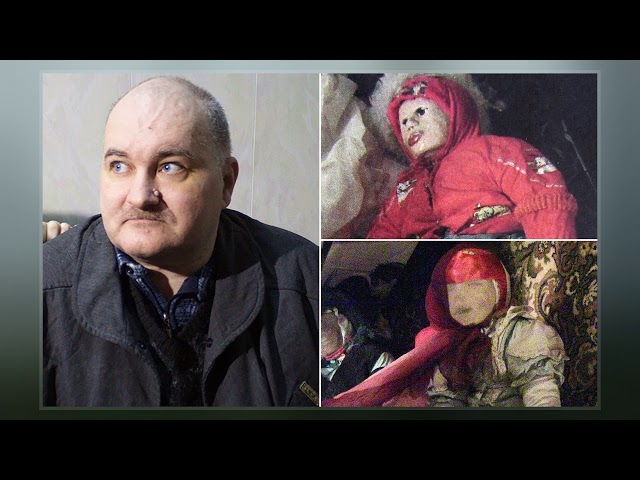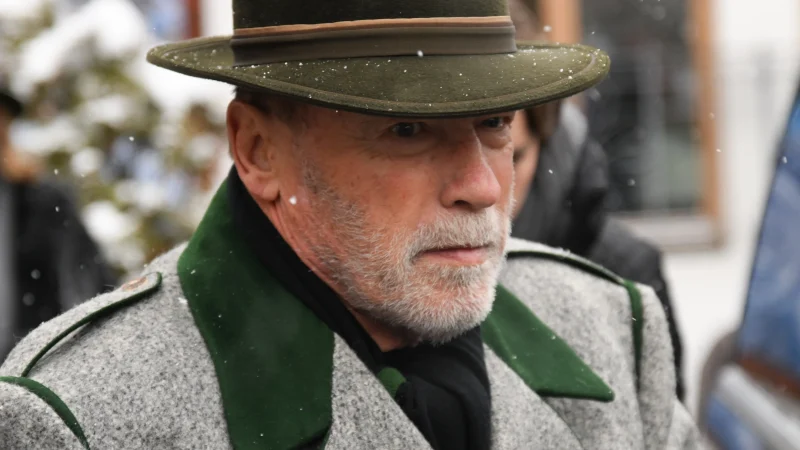Anatoly Moskvin

Anatoly Moskvin, a seemingly unassuming man, led a life that hid a dark and disturbing secret. Born in 1966 in Nizhny Novgorod, Russia, Moskvin’s early years offered little indication of the macabre path he would later tread. He excelled academically, earning a degree in Celtic studies and fluently speaking over a dozen languages. His expertise in linguistics garnered him respect among peers, and he established himself as an accomplished academic.
However, behind this façade of intellectualism lay a chilling obsession that would shock the world.
Moskvin’s descent into darkness began in the late 20th century when he developed an intense fixation on cemeteries and burial rituals. He spent countless hours wandering through graveyards, meticulously documenting epitaphs, and studying burial customs. Initially dismissed as eccentric but harmless, his behavior took a sinister turn in the early 2000s when he started desecrating graves.
Between 2005 and 2011, Moskvin embarked on a spree of grave robberies, targeting the burial sites of young girls. His motives, though unclear at the time, would later be revealed as part of a deeply disturbing obsession with death and the occult. What he did with the remains of his victims would shock even the most hardened investigators.
Moskvin’s modus operandi was chillingly methodical. After exhuming the bodies, he meticulously mummified them using a combination of salt and baking soda. He then dressed the corpses in brightly colored clothing and adorned them with toys, jewelry, and other trinkets. But perhaps the most disturbing aspect of Moskvin’s macabre activities was his transformation of the corpses into life-sized dolls.
To the outside world, Moskvin presented himself as a harmless recluse, living in a cluttered apartment filled with books and artifacts from his academic pursuits. Little did anyone know, this seemingly innocuous environment harbored a horrifying secret. Behind closed doors, Moskvin’s apartment was a macabre chamber of horrors, filled with over two dozen mummified corpses meticulously arranged throughout the rooms.
It wasn’t until 2011 that Moskvin’s gruesome activities were uncovered. Acting on a tip-off, police raided his apartment, expecting to find evidence of his involvement in extremist groups. Instead, they stumbled upon a scene straight out of a nightmare. Shocked officers discovered the mummified remains of young girls, some of whom had been dead for over a decade.
The revelation sent shockwaves through the community, sparking outrage and disbelief. How could such unspeakable acts have gone unnoticed for so long? As investigators delved deeper into Moskvin’s background, a complex portrait of a deeply troubled individual began to emerge.
Moskvin’s childhood was marked by isolation and abuse, factors that likely contributed to his descent into madness. Bullied relentlessly by his peers and subjected to emotional and physical abuse at the hands of his parents, he retreated into a world of fantasy and escapism. His fascination with death and the occult served as a coping mechanism, providing him with a sense of control and power in a world that had long since rejected him.
But while his troubled past offers some insight into his motives, it does little to excuse the horrific nature of his crimes. Moskvin’s actions represent a chilling example of the darkest depths of human depravity, a reminder of the capacity for evil that lurks within us all.
In 2013, Moskvin stood trial for his crimes, facing charges of desecration of graves and dead bodies. Despite his insistence that he had not acted out of malice but rather a desire to bring the dead back to life, he was found guilty and sentenced to psychiatric treatment in a high-security facility.
Today, Anatoly Moskvin remains behind bars, his fate a cautionary tale of the consequences of unchecked obsession and the dangers of allowing darkness to consume the human soul. Though his reign of terror may have come to an end, the scars he left behind continue to haunt the memories of those who were touched by his depravity. In the end, Anatoly Moskvin’s legacy serves as a grim reminder of the fragility of innocence and the depths of human cruelty.





